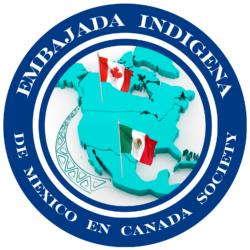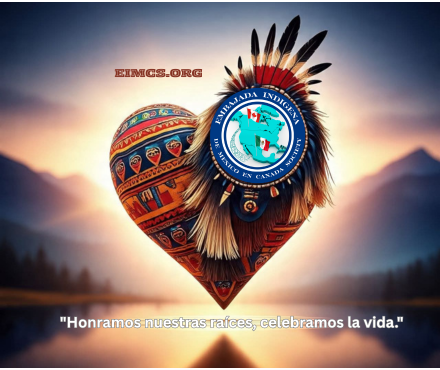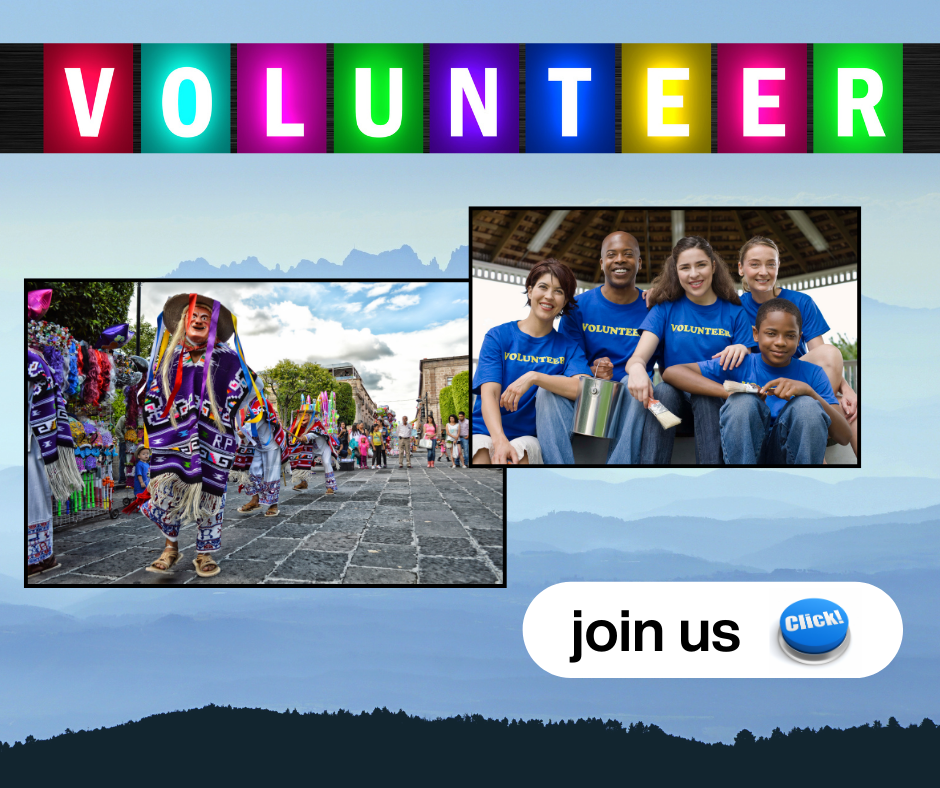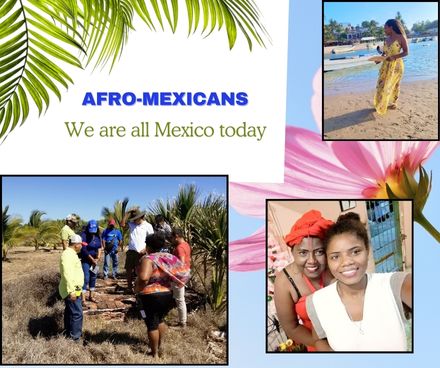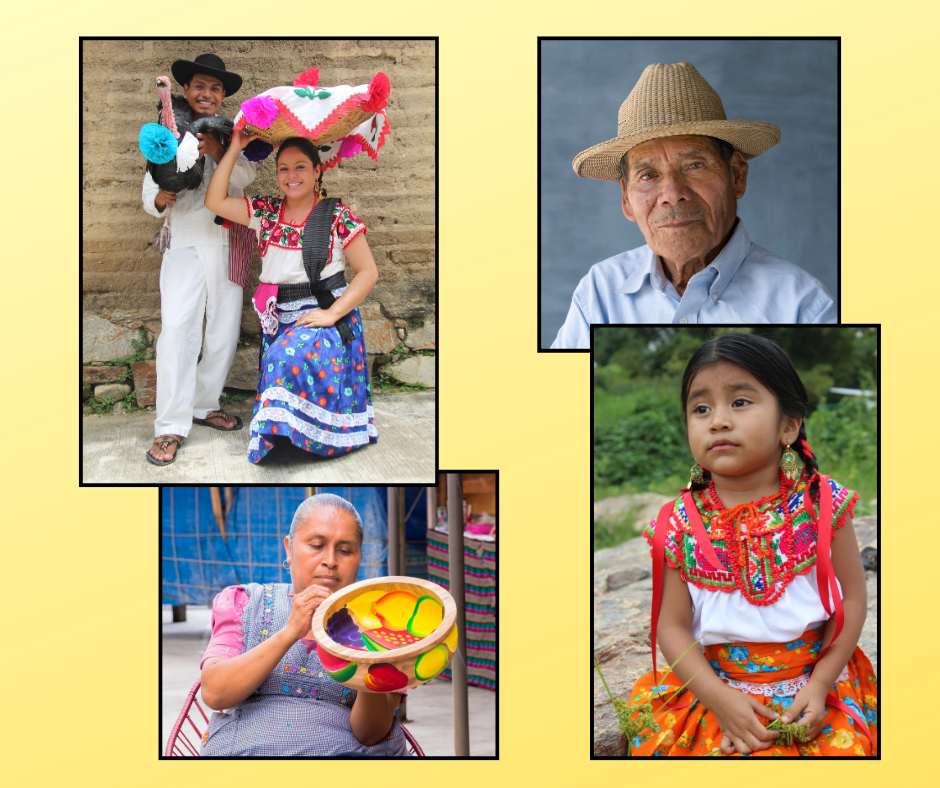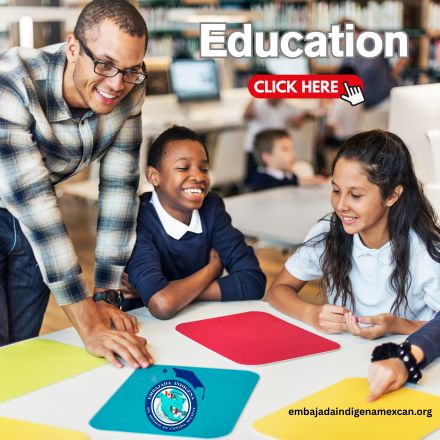![]()
“We do not inherit the land from our ancestors; we only borrow it from our children.”
Indigenous children in Mexico face a variety of challenges and needs due to the intersection of poverty, social exclusion, and lack of access to basic services. These difficulties are often exacerbated by the marginalization of their cultures and languages. Below are some of the primary needs and shortcomings they face:
1. Access to Quality Education
Indigenous children often face barriers to receiving quality education. Many schools in rural and indigenous areas lack infrastructure, qualified teachers, and necessary resources. Furthermore, the education system often fails to respect indigenous languages and cultures, which can alienate children from their heritage and make learning more difficult.
How to help:
- Support bilingual and intercultural education programs.
- Advocate for the inclusion of indigenous culture and languages in the curriculum.
- Provide resources and funding for schools in indigenous communities.
2. Health Care and Nutrition
Indigenous children often have limited access to healthcare services, resulting in higher rates of malnutrition, preventable diseases, and infant mortality. Lack of access to clean water and nutritious food exacerbates these health problems.
How to help:
- Support initiatives that provide healthcare access in indigenous communities.
- Promote nutritional programs that focus on the local food systems and traditional diets.
- Fund healthcare workers and mobile clinics to reach remote areas.
3. Child Labor and Exploitation
Economic hardships often force indigenous children into labor, especially in rural areas. Many are engaged in agriculture or domestic work, sometimes facing exploitation, long hours, and hazardous conditions.
How to help:
- Support laws and policies that protect children from labor exploitation.
- Help provide families with financial support or income-generating opportunities so children can stay in school.
4. Cultural Preservation and Identity
Indigenous children are at risk of losing their cultural heritage, as the dominant national culture often overlooks or undermines indigenous traditions, languages, and ways of life. This can lead to identity crises and a disconnection from their community and ancestry.
How to help:
- Promote and support programs that preserve indigenous languages and traditions.
- Foster cultural exchange initiatives that allow indigenous children to connect with their heritage.
5. Social Exclusion and Discrimination
Indigenous children often face discrimination and social exclusion, which can lead to low self-esteem and hinder their opportunities for social integration. This exclusion is not only present in education but also in the workforce and society at large.
How to help:
- Raise awareness about the rights and challenges faced by indigenous children.
- Support policies that promote equality and anti-discrimination.
6. Poverty
Many indigenous families live in extreme poverty, which limits the opportunities available to their children. This impacts access to education, healthcare, and safe living conditions, and contributes to the cycle of poverty across generations.
How to help:
- Invest in economic development programs that create opportunities in indigenous communities.
- Support microfinance programs and community-based initiatives that promote self-sufficiency.
To Reflect.
To support indigenous children in Mexico, it is essential to take a holistic approach that addresses education, healthcare, cultural preservation, and economic empowerment. This includes advocating for policy changes, providing direct resources, and respecting and promoting indigenous rights. By helping to create an inclusive and equitable environment, we can ensure that indigenous children have the opportunity to thrive and contribute to their communities.
